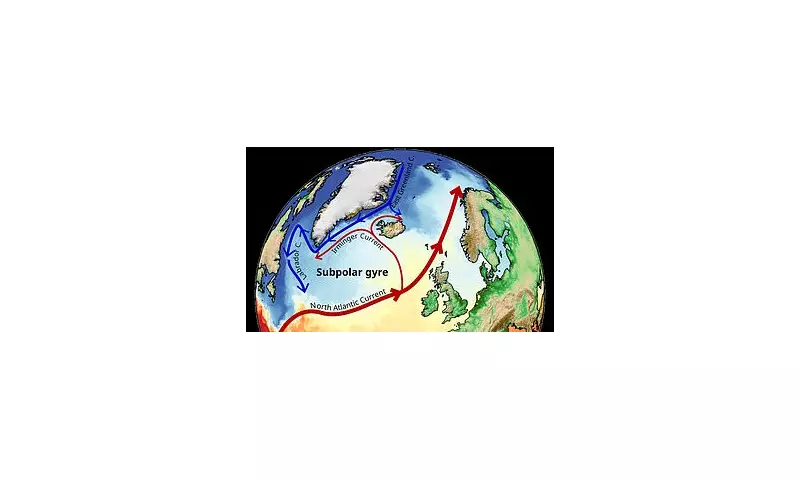
A crucial system of Atlantic ocean currents that helps maintain Europe's temperate climate is showing alarming signs of potential collapse, according to groundbreaking new research. The Atlantic Meridional Overturning Circulation (AMOC), often described as the planet's climate regulator, could be approaching a tipping point sooner than previously anticipated.
The Ocean's Failing Heart
Scientists have identified what they describe as "early warning signals" that suggest the AMOC - which includes the Gulf Stream - is losing stability at an unprecedented rate. This vast network of currents acts like a global conveyor belt, redistributing heat around the planet and keeping Western Europe significantly warmer than it would otherwise be.
What Happens If It Fails?
The consequences of an AMOC collapse would be nothing short of catastrophic:
- Dramatic temperature drops across Northern Europe
- Severe disruption to rainfall patterns worldwide
- Rapid sea level rise along eastern North America
- Devastating impact on marine ecosystems and fisheries
- Accelerated climate chaos across multiple continents
The Climate Change Connection
Researchers point to climate change as the primary driver behind this potential collapse. The melting of Greenland's ice sheet and increased rainfall are pouring massive amounts of freshwater into the North Atlantic, disrupting the delicate balance that keeps the currents flowing.
"We're seeing the system becoming increasingly unstable," explained one lead researcher. "The signs we're observing now match what climate models predicted would happen before a collapse."
A Race Against Time
While scientists cannot pinpoint an exact timeline for potential collapse, the new findings suggest it could happen within decades rather than centuries. The research team analysed sea surface temperature patterns and salinity data spanning more than a century, revealing disturbing trends that match computer model predictions of AMOC destabilisation.
The urgency of these findings cannot be overstated. A collapsed AMOC would fundamentally reshape our planet's climate systems, with implications for food security, water resources, and coastal communities worldwide.





